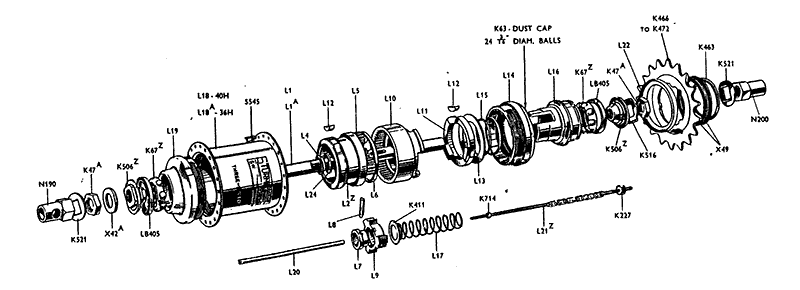GDG Garage is an hands-on, hyperlocal & regular meeting of developers.
Hands-on means that there is no speaker. People come and work together in small groups — on whatever they feel like. Hyperlocal means it’s a neighborhood thing. If you need to travel to a GDG Garage for more than 15 minutes, you are doing it wrong, and you should create your own. Regular means it happens bi-weekly or more often.
Think of GDG Garage as a D&D* (Dungeons & Dragons, probably the most popular role-playing game) session, but instead of dice and sheets of paper, you have laptops and code.
Or think of it as a local gym, but instead of excercising muscles, you excercise your coding skills.

The four principles
There are four principles of GDG Garage. We believe that by agreeing on these simple propositions, the Garagists are able to have a much better time together.
1 — Nobody is perfect
- It's okay to ask for a code review* (a way to peer-review your code; every line of code in Google needs to be code-reviewed before shipping) or for help when you're stuck.
- It's not okay to mock someone for not knowing something.
2 — Try something new
- Get out of your comfort zone. Are you a JavaScript guru? Say hello to
malloc(). Are you a backend guy? Here's a couple of UX components. - It's easy to diss another programming language or development approach. It's much more difficult (and useful) to actually learn something about it.
3 — Work in small groups
- Don't work alone (you don't need a GDG Garage for that).
- Don't work in large groups (5+ people) --- it's not effective.
4 — Share your knowledge
- Helping someone with their problem usually means you get to improve your own skills.
- A little help today can lead to a huge collaboration in the future.
Interested? You can either join a GDG Garage in your area, or create your own.
Frequently Asked Questions (FAQ)
Why does it exist?
Why would anyone want to go to (or create) a GDG Garage? There are many reasons.
- “My current employer/school doesn’t challenge/stimulate me enough.”
- “I want to get feedback on my personal project from fellow developers.”
- “I want to learn from others.”
- “Coding alone is half as fun.”
- “Code reviews make my software better.”
- “I’ve been working alone for a while and I think I’m going crazy.”
- “I’d like to meet like-minded friends.”
- “I just want to code, period.”
But why does it exist, you ask? It is to make the developer community more connected and friendlier.
How is this different from __?
There are many similar concepts out there, so maybe it makes sense to also define GDG Garage by what it’s not.
GDG Garage is similar, but not synonymous to a hackerspace. “A hackerspace is a community-operated workspace where people with common interests, often in computers, technology, science, digital art or electronic art, can meet, socialize and/or collaborate” (Wikipedia). GDG Garage is often not a physical workspace – it’s mostly just happening once every two weeks, and it can be set up at different places each time. It can be set up in someone’s garage or at the public library or at a café. The common interest is software development, and the emphasis is on trying out new things. No GDG Garage should be just about meeting or socializing. Also, no one in a GDG Garage should be working solely on his or her stuff alone.
GDG Garage is not a hacker dojo. Hacker dojos (and similar co-working places) are operated for profit and open every day.
GDG Garages are not only for students, not by a long shot. Developers that are already employed benefit from the format at least as much as students.
GDG Garage is not a regular GDG meetup, because it’s more hands-on. There are no talks scheduled. For the organizer, it’s a matter of securing a place, inviting people, and making sure everyone knows what GDG Garage is about.